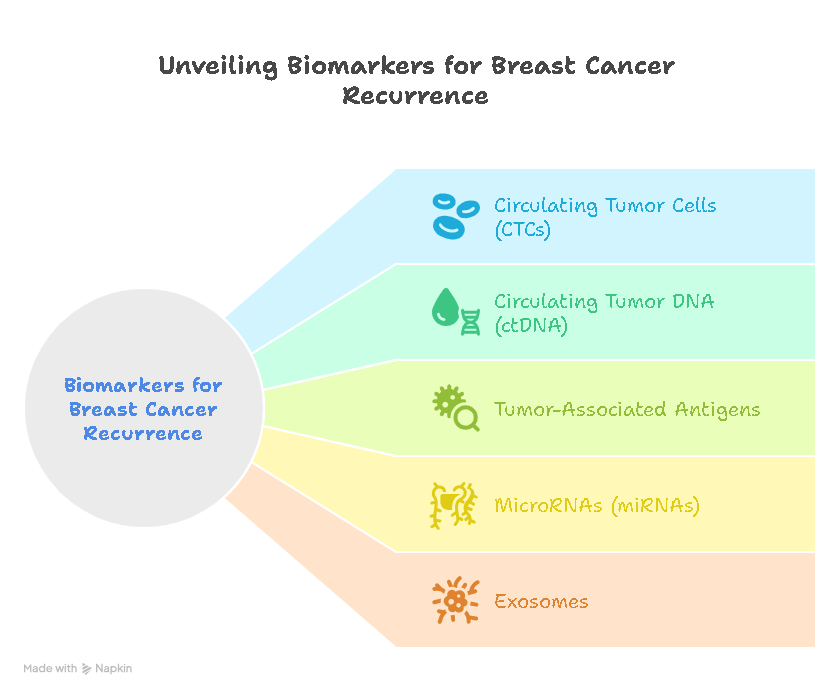Biochemical markers play a pivotal role in monitoring and assessing the health and development of both the mother and the developing fetus during pregnancy. These markers, measurable substances found in blood or urine, offer valuable insights into various aspects of pregnancy, including potential complications and the overall well-being of the expectant mother and her unborn child.
1. Human Chorionic Gonadotropin (hCG):
- Source: Produced by the placenta shortly after implantation.
- Role: Confirms pregnancy, sustains the corpus luteum, and aids in the development of the placenta.
- Clinical Significance: Elevated levels can indicate multiple pregnancies or potential issues, while low levels may suggest a risk of miscarriage.
2. Progesterone:
- Source: Secreted by the corpus luteum in the early stages of pregnancy, later taken over by the placenta.
- Role: Maintains the uterine lining and supports early pregnancy.
- Clinical Significance: Low levels may indicate a risk of miscarriage or ectopic pregnancy.
3. Estriol:
- Source: Produced by the fetal liver and placenta.
- Role: Key estrogen during pregnancy, contributing to fetal development and maintaining the placenta.
- Clinical Significance: Levels are indicative of fetal well-being, and deviations may suggest potential developmental issues.
4. Alpha-Fetoprotein (AFP):
- Source: Produced by the fetal liver and yolk sac.
- Role: Essential for fetal development, particularly in the formation of the fetal liver and gastrointestinal tract.
- Clinical Significance: Abnormal levels may indicate neural tube defects, chromosomal abnormalities, or multiple pregnancies.
5. Inhibin A:
- Source: Secreted by the placenta.
- Role: Regulates the secretion of FSH (Follicle-Stimulating Hormone) from the pituitary gland.
- Clinical Significance: Elevated levels can be associated with chromosomal abnormalities.
6. Pregnancy-Associated Plasma Protein-A (PAPP-A):
- Source: Produced by the placenta.
- Role: Supports the growth of the placenta and the developing fetus.
- Clinical Significance: Abnormal levels may be associated with chromosomal abnormalities and adverse pregnancy outcomes.
7. Beta-human Chorionic Gonadotropin (β-hCG):
- Source: Produced by the placenta.
- Role: Similar to hCG, supports pregnancy and fetal development.
- Clinical Significance: Elevated or decreased levels may indicate potential issues such as Down syndrome or other chromosomal abnormalities.
8. Glucose Levels:
- Role: Monitoring maternal blood glucose levels is crucial for detecting gestational diabetes.
- Clinical Significance: Elevated glucose levels may lead to complications for both the mother and the fetus.
9. C-reactive Protein (CRP) and Erythrocyte Sedimentation Rate (ESR):
- Role: Indicators of inflammation.
- Clinical Significance: Elevated levels may suggest infection or inflammatory conditions, requiring further investigation.
Conclusion:
Biochemical markers in pregnancy serve as indispensable tools for healthcare professionals, aiding in the early detection of potential issues and contributing to the overall management of maternal and fetal health. Regular monitoring of these markers allows for timely intervention, ensuring a smoother and healthier pregnancy journey for both mother and baby.











Leave a Reply